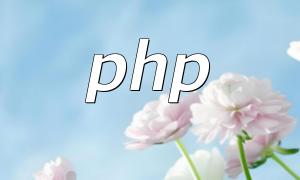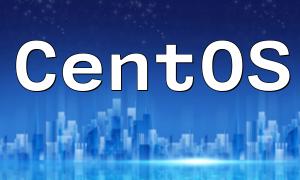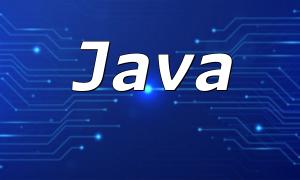In today's technological environment, developers are constantly looking for new tools and languages to enhance development efficiency and application performance. Go, as a modern programming language, has gained popularity due to its high efficiency and excellent concurrency handling capabilities. Meanwhile, PHP still plays a crucial role in many development fields. This article explores how Go can improve PHP development and open up new horizons in development.
Before diving into how Go can assist PHP development, it's important to understand the key advantages of Go:
Go is designed as a high-performance systems programming language. Its compiled binary files run extremely fast with minimal overhead. This means that services developed in Go can handle large numbers of requests, significantly improving application response times and performance.
Go’s built-in concurrency model (goroutines) allows developers to easily handle multiple concurrent tasks. This is a significant advantage for PHP backends that need to process many concurrent requests.
For teams using PHP for development, how can Go be effectively integrated? Here are some key use cases:
In a microservices architecture, Go can be used to build efficient services. PHP can continue to handle traditional web development tasks, while Go-based services can manage business logic and data processing, improving overall system performance and scalability.
Due to Go’s performance advantages, it is well-suited for developing API interfaces. APIs developed in Go can provide powerful data processing support to PHP applications, thereby improving the overall system performance.
In practice, the following steps can help developers effectively integrate Go with PHP:
First, evaluate which business logic is suitable for implementation in Go. Generally speaking, computationally intensive or concurrent tasks are better suited for Go.
Use Go to develop independent services, ensuring that these services can communicate with PHP applications via APIs. Below is a simple example of a Go API:
package main
import (
"fmt"
"net/http"
)
func handler(w http.ResponseWriter, r *http.Request) {
fmt.Fprintf(w, "Hello, World!")
}
func main() {
http.HandleFunc("/", handler)
http.ListenAndServe(":8080", nil)
}Whether it’s Go services or PHP applications, thorough testing and monitoring are required to ensure system stability and high availability.
In conclusion, Go’s performance and concurrency handling advantages make it an important complement to PHP development. By using a well-thought-out architecture and integrating technologies, developers can enhance application performance and create better user experiences. As technology continues to evolve, integrating Go with PHP will likely become a key way to boost development efficiency and application quality. We look forward to more developers exploring this new path and helping PHP development enter a new era.









